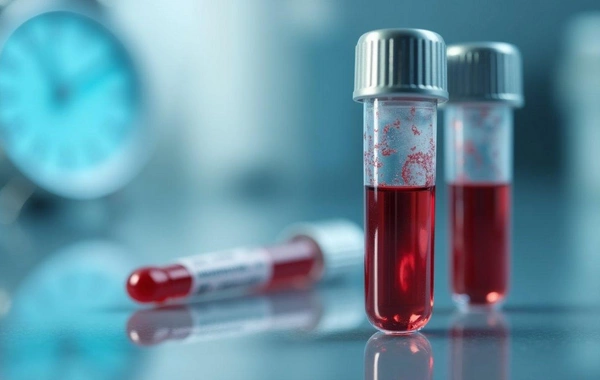Scientists have uncovered the secret of a dangerous bacterium's resistance to antibiotics

Scientists from Sichuan University have proposed an innovative approach to predicting salmonella's resistance to antibiotics, combining the capabilities of artificial intelligence and quantum computing. The work is published in the journal Engineering.
Salmonella is one of the most common food pathogens. The growing resistance of its strains to antibiotics, caused by both excessive use of drugs and genetic mutations, makes traditional diagnostic methods, such as sensitivity tests, insufficiently effective. Modern methods based on whole genome sequencing data suffer from overfitting due to the high dimensionality of the data.
The study authors proposed a two-stage system for selecting resistance features. First, they used statistical methods to identify key resistance genes. Then they developed the SARPLLM algorithm based on artificial intelligence. It transforms salmonella genetic data into text "sentences," which are then analyzed by a language model to predict resistance. To combat imbalance in samples (resistant strains are significantly fewer than sensitive ones), the team applied the QSMOTEN algorithm.
Experimental results showed that SARPLLM outperforms existing models in accuracy of predicting resistance to various antibiotics. The QSMOTEN algorithm effectively determines similarity between samples in both virtual and physical quantum systems, opening prospects for applying quantum computing in bioinformatics.
The authors emphasize that despite successes, the technology still faces challenges. Future plans include integrating additional data sources and improving hardware, which should increase prediction accuracy and platform reliability.

Similar News
Named tests that can be taken without fasting
Strict fasting before tests is not always required. Only certain types of examinations need to be done exclusively in the morning hours and on an empty stomach,...



 Azərbaycanca
Azərbaycanca  По-русски
По-русски  English
English 






